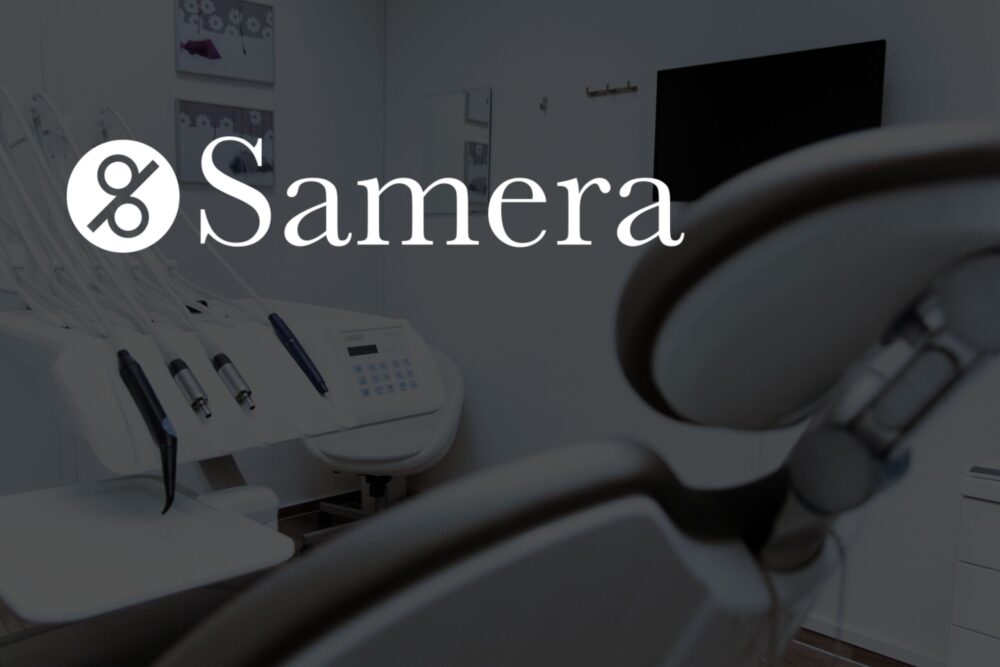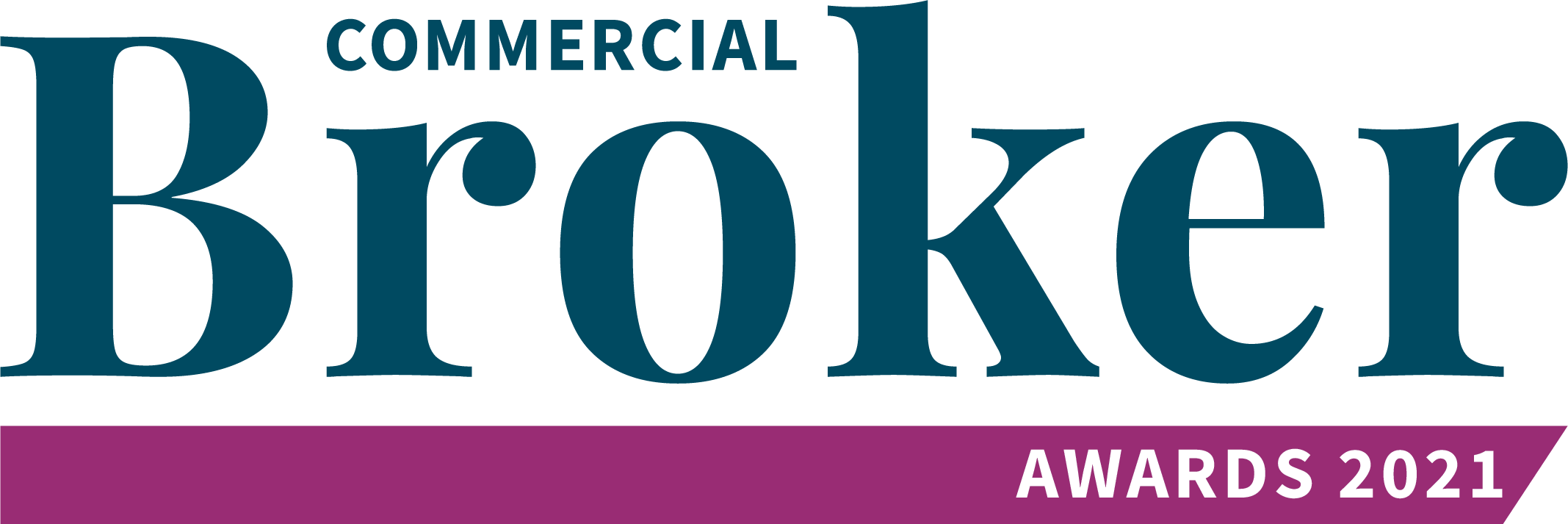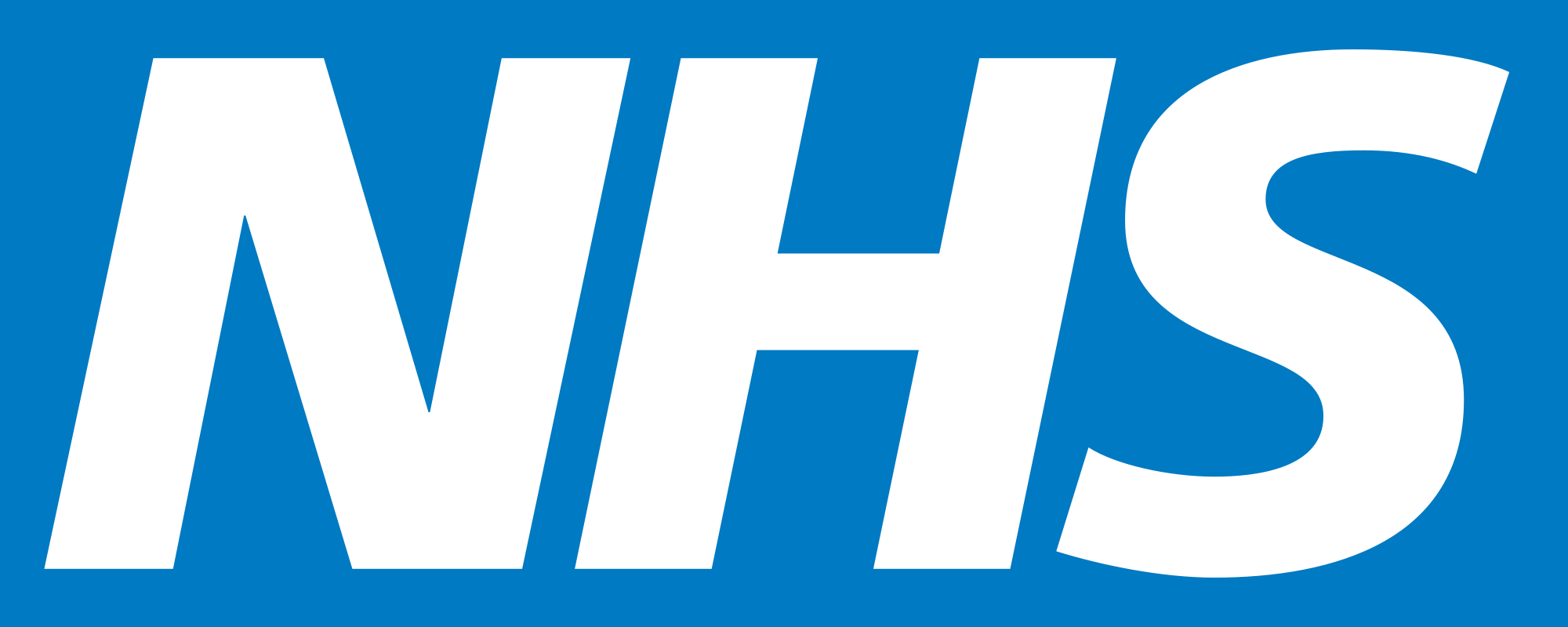Is the current model of running a dental practice flawed in an inflationary environment?
Running a dental practice is a costly business.
High capital costs, high staffing costs, high premises costs, high marketing costs….the list goes on, so how can you build a profitable dental practice or group?
Firstly, if there is scope to reduce some element of cost in a dental practice, it’s so important to try and do this.
However, if this is executed poorly it impacts delivery and service standards, which ultimately has a detrimental impact on the business.
But high costs means high private prices just to make a decent return, hence why we see the huge queues of people lining up for an NHS dentist in certain parts of the country.
Despite this, more and more UK dentists are opening private practices from Land’s End to John O’Groats.
Some will succeed and some will fly, but I am sure others will falter too.
This begs the question, is the current financial model for operating a dental practice fundamentally flawed?
Last week I had an interesting conversation with a rather fine dentist in Europe. Despite the impression that everyone in his country can afford anything, he made a really valid point – that not everyone can afford to pay for private care. In fact, around 1/3 of the population cannot afford to pay for private care (the market is mainly private in this country).
This means they adapted their business model for delivering dentistry using technology, dental hygienists and only utilising the dentist’s time for key dental aspects.
They have built a dental network that is specialised and capital investment is focused on prevention/maintenance and conservative treatment to cover the most significant part of the demand of their target segment (price sensitive patients, who appreciate regular prophylaxis and checkups).
At all their branches, X-rays and intra-oral scans are carried out by hygienists in local primary prevention and screening centres. This information is then relayed back to a central diagnosis hub, where the information is reviewed by a dental team.
All diagnosis is legally required to be done by a dentist only. All x-rays and intra-oral scans are taken under the recommendation of a dentist.
Now after the diagnosis, the diagnosis hub is able to deliver high-quality, personalised teleconsultations, from hygiene coaching to immediate triage and management of dental emergencies (immediate instructions and medical prescriptions are provided as needed and appointments for the specific issue are scheduled in the first available spot), thus improving accessibility, timeliness and appropriateness of treatment in a very much cost-effective way.
So if a dentist is required in a certain location, they can move the dentists between sites, ensuring that there is minimised idle capacity, which allows them to keep their prices lower as they have optimised their whole workflow.
A very interesting business model, and one that could work as the costs get higher, and patients’ ability to pay higher prices reduces.
One to watch, and adapt to other markets including the UK.










